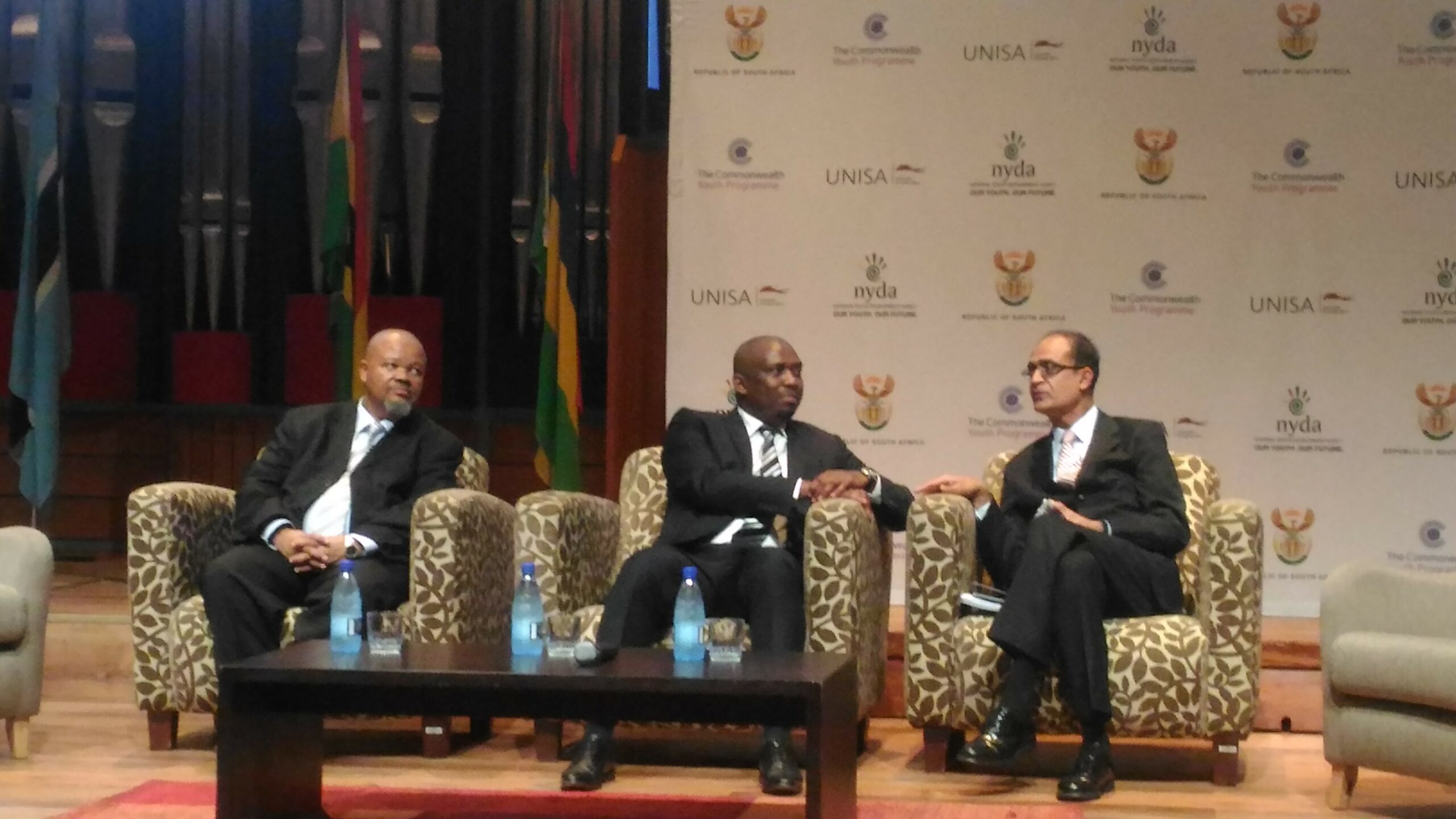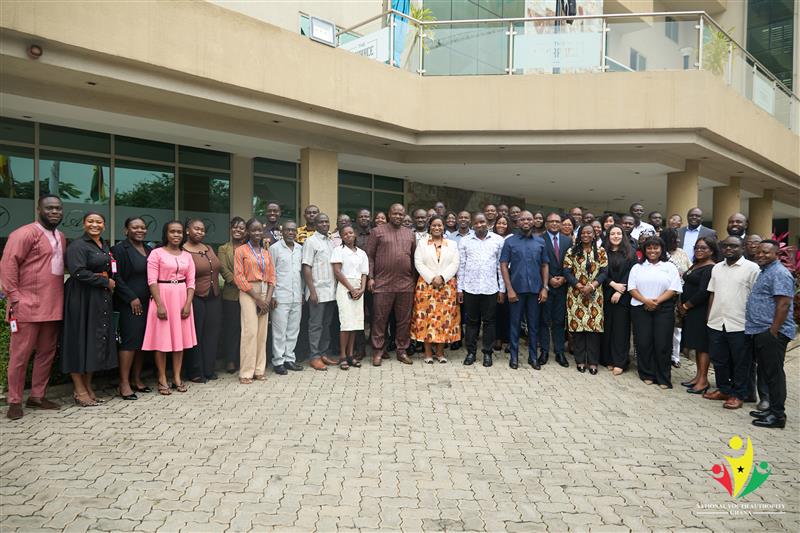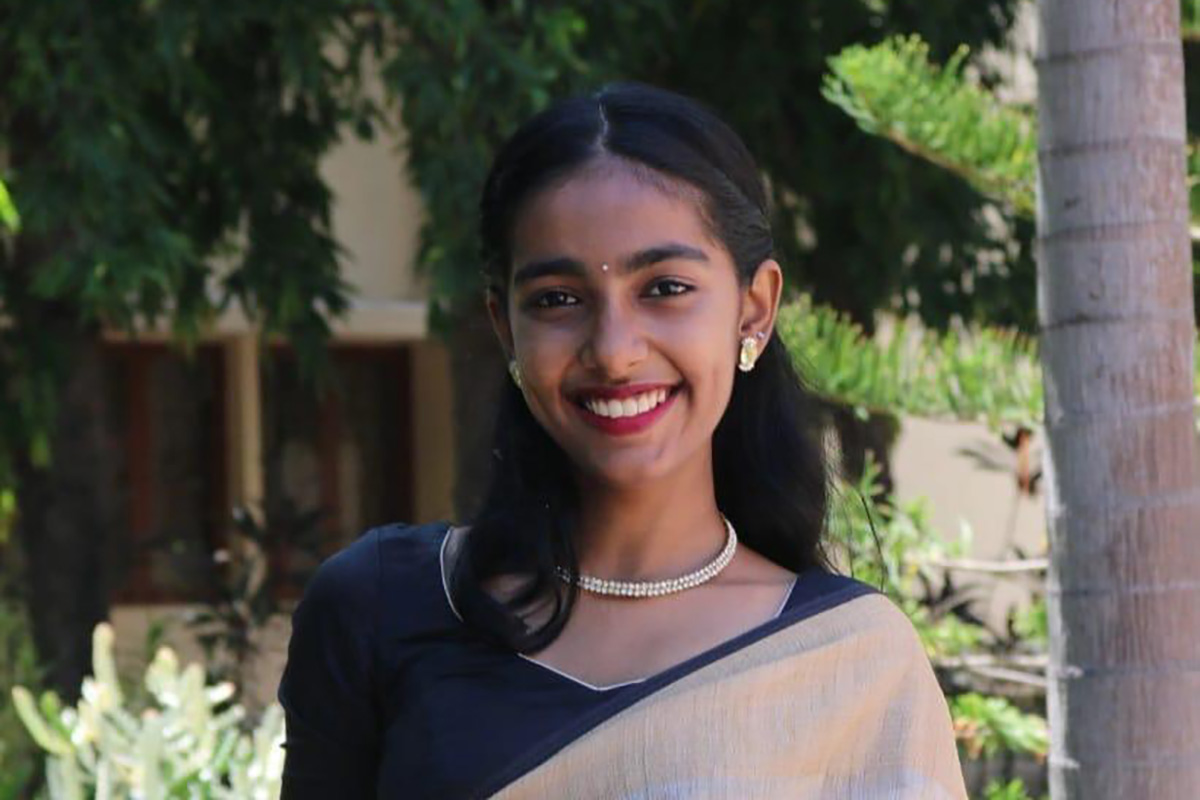We’re committed to professionalising youth work sector – Commonwealth DSG
March 9Commonwealth Correspondent Femi Asu is on the ground in Pretoria, covering the second Commonwealth Conference on Youth Work. He will be posting periodic updates from the event. Follow him on Twitter at asufemi.
The Commonwealth is poised to intensify its effort towards professionalising the youth work sector in a bid to help young people grow and contribute to their societies, the Deputy Secretary-General of the Commonwealth, Mr. Deodat Maharaj, has said.
Maharaj stated this on Tuesday at the ongoing 2016 Commonwealth Conference on Youth Work, which is taking place at the University of South Africa, Pretoria, South Africa.
He said the Commonwealth’s strategic direction had shifted towards supporting academic institutions to develop degree programmes in youth development work.
“Investing in the development of professional youth workers will bring together, at local and national levels, professionals with the right skills and competencies to enrich, equip and build our youth for the future,” Maharaj told the conference.
Youth workers are dedicated professionals, working tirelessly to guide and support youth empowerment, he said.
“They are instrumental to national development, as their work help to create conditions for enabling and engaging young people. Our aim is to build the capacity of the ‘youth work sector’ to help young people grow and contribute to their societies.”
He described youth work and the resources allocated to it in many of the Commonwealth member states as clearly insufficient.
“Alhough progress has been made in many respects, we need to do much more,” he said.
He said in 1973, Commonwealth Heads of State had a visionary idea to create a dedicated Youth Programme that would train government staff and other interested persons with the skills and knowledge to lead youth work in their member countries.
“In the Commonwealth, we have long championed the idea that youth work theory and practice has its rightful place in the academic and development fields.”
The Deputy Secretary-General said almost all the member states now have dedicated youth departments/youth ministries/focal points, adding that many of them employed youth workers/officers with specialised training to work with young people.
Maharaj said, “The Commonwealth is committed to youth work and youth workers. Going forward, we will build on this rich tradition and use modern tools and technology to deliver the kind of capacity-building and training that is necessary in the development of a professional youth work sector.
“Our focus us on supporting member countries to professionalise youth development work.”
He said the Commonwealth’s strategy is to invest in training and education of youth workers; support the development of professional youth work associations, and support the creation of a body of knowledge in the field to support practitioners.
He said work was well on the way towards establishing a Commonwealth Consortium of Academic institutions to offer a Youth Work Degree and Diploma through an Open Educational Resource.
“We hope to soon see a Commonwealth Alliance of Youth Work Associations that will add significant value to the youth work sector across the Commonwealth.”
Describing Africa as the youngest continent on the planet with an estimated 70 per cent classified as young, he said by the end of the century, 41 per cent of the world’s youth would be African.
In terms of the Commonwealth, there are more than 1.2 billion people under the age of 30, accounting for over 60 per cent of the total population, he noted.
“Notwithstanding the demographic realities, young people are confronted with a range of challenges, including high levels of unemployment, lack of access to quality education and rising crime and violence.”
He said in many of the Commonwealth member states, youth unemployment levels were still at all-time highs.
“Given this reality, policy makers must recognise that we cannot advance human development without addressing these challenges and tapping into the tremendous potential of young people as essential partners in advancing human development in this continent and elsewhere. The risks of doing otherwise are enormous.
“So, we clearly recognise that there is no other option but to fully involve and integrate the youth agenda in our work as policy makers. The big question is how do we get it done? Why are some countries more successful than others? An integral part of the solution is the emphasise and resources invested in youth work and youth workers,” Maharaj added.
Femi is a journalist currently working for Punch Nigeria Limited. He is the 2015 recipient of the CNN African Journalist of the Year (Economics and Business).




